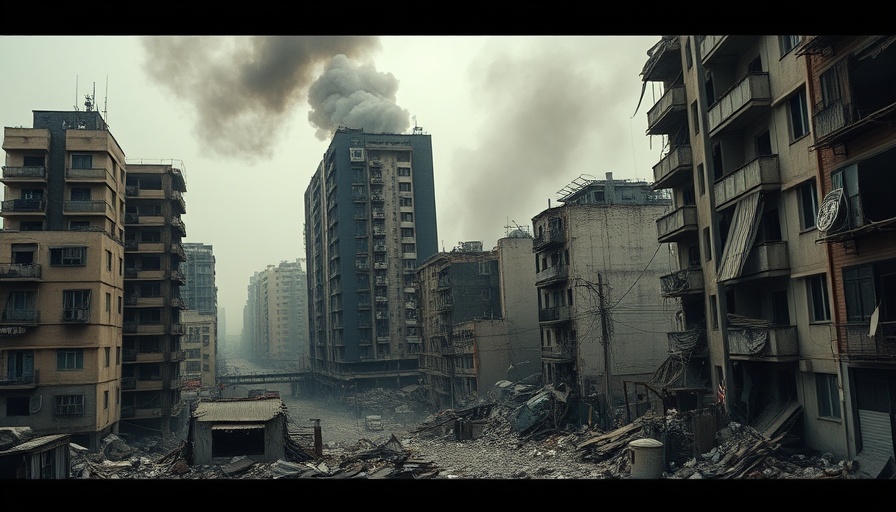
Understanding the Hostage Crisis: A Call for Compassionate Action
As the situation in Gaza evolves, particularly with the plight of hostages held by Hamas, there is an urgent need for a strategic and humane response that prioritizes the well-being of all affected individuals. Air strikes may appear as a straightforward solution to dismantle Hamas's stronghold in Gaza City, but the implications of such actions extend far beyond military objectives. This article delves into potential solutions for Israel that avoid exacerbating the suffering of innocent civilians caught in the crossfire.
The Importance of Negotiation and Diplomacy
While military action may seem necessary, historical precedent suggests that genuine negotiation can lead to more positive outcomes. Engaging in dialogue with intermediary organizations that operate in Gaza could facilitate the safe release of hostages. The role of international actors and non-governmental organizations cannot be underestimated here—through them, trust can be rebuilt and safer pathways to peace established.
Civilian Safety: A Multifaceted Approach
Any military action must prioritize civilian evacuation to minimize loss of life. This may involve coordinating with humanitarian agencies to establish safe zones for civilians. By ensuring civilians are out of harm’s way, Israel can conduct its military operations without the weight of civilian casualties tarnishing its objectives. Furthermore, in tandem with military strategy, an emphasis on relief efforts could help maintain focus on the humanitarian crisis within Gaza.
Lessons From Past Conflicts: Building a Better Future
Understanding previous conflicts and their outcomes can guide current strategies. For example, in the past, heavy bombardments led to temporary victories but prolonged suffering and resentment among the local population, often resulting in escalation rather than resolution. A balanced approach, integrating military action only when necessary with sustained efforts to foster peace, would benefit not only the hostages but also the broader population of Gaza.
The Role of Christian Leaders and Organizations
Globally aware Christians and those committed to social justice can play a pivotal role in advocating for peaceful solutions and offering humanitarian aid. Organizations committed to human rights must also advocate for the safe return of hostages while ensuring the health and safety of civilians—reminding us all that at the heart of this conflict are human lives.
Future Predictions: Hope Amid Uncertainty
Despite the precarious situation, there is hope for a resolution through cooperative international efforts and humanitarian support. By fostering interfaith dialogue and working to dismantle stereotypes, lasting peace can ascend above military solutions. Future actions should aim to align with the principles of justice, mercy, and compassion, reflecting the fundamental beliefs shared by many faiths that call for the protection of human dignity.
In conclusion, the situation in Gaza is complex, demanding both political savvy and heartfelt compassion. As we seek solutions, let us remember the power of mercy and the urgent need for collaboration in crafting a world where hostages can return home safely and the cycle of violence can finally be broken.
 Add Row
Add Row  Add
Add 








Write A Comment